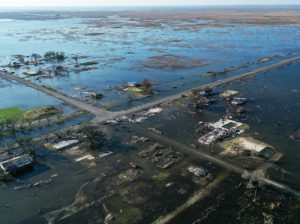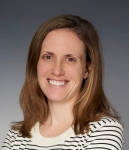Assessing the Health, Social, and Economic Wellbeing of Gulf Coastal Communities
The Health subteam began its work by conducting a systematic review of published health effects of oil spills and created a dynamic, searchable database of relevant literature. The database provides a clearinghouse for practitioners and researchers searching for relevant papers and reports on oil spill-health impacts. Of the 75 papers reviewed, 38 were published during or after 2010 and related to the DWH oil spill. To learn more, view CRGC’s Overview of the Health Literature Search and Database. To download the searchable database, please visit CRGC’s Resources Page.What Were Our Findings?

Photo by Petty Officer 3rd Class Patrick Kelley/FlickrA worker cleans up oily waste on Elmer’s Island, just west of Grand Isle, Louisiana
- Medium and Long-Term Effects Need Analysis: Research teams, collecting data less than a year after the DWH oil spill, published in 21 papers. Many of these studies find initial health and social well-being issues emerging after the oil spill, but continued efforts are needed to determine the medium and long-term effects.
- Multi-Organizational and Interdisciplinary Approaches are Valued: Many papers indicate that they are part of larger research efforts, which include multiple research institutions and disciplinary perspectives.
- Vulnerable Populations are Diverse: Researchers have focused on vulnerable populations, including the Vietnamese fishing population, residents seeking mental health treatment, renewable resource communities, women, and children.
- Knowledge Gaps Still Remain: Since the 2010 DWH oil spill, researchers have addressed recommendations in diverse ways, but some gaps still remain. We identified opportunities for research to inform the development of the Survey of Trauma, Resilience, and Opportunity of Neighborhoods in the Gulf (STRONG).
What is the Current Mental Health and Social Wellbeing of Gulf Coastal Residents?
We administered the STRONG questionnaire to 2,520 respondents via a random digit dial landline and cell phone survey (April-August, 2016) in the 56 coastal counties and parishes in Texas, Louisiana, Mississippi, Alabama, and Florida. The questionnaire included measures of:-
- Health: Physical, Mental, and Behavioral Health; Trauma History; Healthcare Utilization
- Exposure to the DWH Oil Spill: Clean-Up Activities; Damaged Property; Damaged Commercial Fisheries; Impact to Recreational Activities and/or Diet; Employment in Affected Industries
- Networked Adaptive Capacities: Social Capital; Community Competence; Information and Communication; Economic Development
Does Wellbeing Vary with Reported Exposure or Impact by County/Parish?
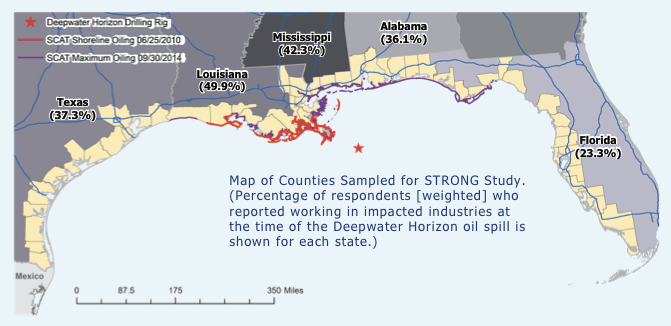
What are our Next Steps?
Data have been cleaned, post-stratification weights have been created to ensure results are representative of the region, and variables with missing values have been imputed. Analyses are currently underway for multiple peer-reviewed papers on:- Predictors of mental and behavioral health outcomes, with state-specific estimates.
- Worry about ongoing impacts as a function of recalled exposure and past victimization.
- Communication source preferences and trust in media.
- Impacts of the composition and structure of social networks on resilience.
Related News
How Can Federal Agencies Advance Racial Equity?
The Texas Power Grid Failure Is a Climate Change Cautionary Tale
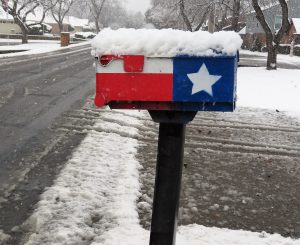 The winter storm that ravaged Texas this month did not come as a surprise to scientists. “The future is not going to be like the past,” CRGC director Melissa Finucane, who also serves as a co-director of the RAND Climate Resilience Center, told TIME Magazine. “If we could just plan a little better, we could anticipate some of these problems.”
The winter storm that ravaged Texas this month did not come as a surprise to scientists. “The future is not going to be like the past,” CRGC director Melissa Finucane, who also serves as a co-director of the RAND Climate Resilience Center, told TIME Magazine. “If we could just plan a little better, we could anticipate some of these problems.”
Building Community Resilience to Large Oil Spills
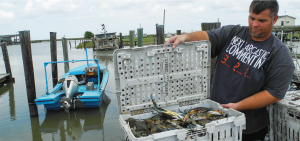 What could communities, government officials, nongovernment organizations, businesses, and scientists do to build community resilience to large oil spills? Answering that question was the goal of CRGC researchers as they researched and wrote their final report, Building Community Resilience to Large Oil Spills: Findings and Recommendations from a Synthesis of Research on the Mental Health, Economic, and Community Distress Associated with the Deepwater Horizon Oil Spill.
What could communities, government officials, nongovernment organizations, businesses, and scientists do to build community resilience to large oil spills? Answering that question was the goal of CRGC researchers as they researched and wrote their final report, Building Community Resilience to Large Oil Spills: Findings and Recommendations from a Synthesis of Research on the Mental Health, Economic, and Community Distress Associated with the Deepwater Horizon Oil Spill.
Blue Crabs, Survey Panels, and More
 CRGC researchers have been busy publishing new research. Two of note: Jacqueline Fiore, Craig Bond, and Shanthi Nataraj released a working paper on “The Impact of the Deepwater Horizon Spill on Commercial Blue Crab Landings”; and Andrew Parker, Amanda Edelman, Katherine Carman, and Melissa Finucane have a journal article “On the Need for Prospective Disaster Survey Panels.” Many more papers are available, linked from our website. View all research results »
CRGC researchers have been busy publishing new research. Two of note: Jacqueline Fiore, Craig Bond, and Shanthi Nataraj released a working paper on “The Impact of the Deepwater Horizon Spill on Commercial Blue Crab Landings”; and Andrew Parker, Amanda Edelman, Katherine Carman, and Melissa Finucane have a journal article “On the Need for Prospective Disaster Survey Panels.” Many more papers are available, linked from our website. View all research results »
Hurricane Recovery in the Bahamas: Turning Good Intentions into Good Decisions
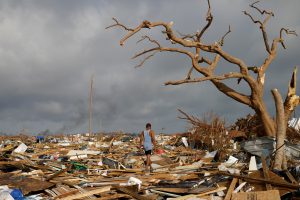 Recovery in the Bahamas will have to be a balancing act. Plans will need to allow for transition toward long-term strategic goals for the nation, but also be mindful of not perpetuating inequities, write CRGC director Melissa Finucane and RAND colleague Joie Acosta. Read more »
Recovery in the Bahamas will have to be a balancing act. Plans will need to allow for transition toward long-term strategic goals for the nation, but also be mindful of not perpetuating inequities, write CRGC director Melissa Finucane and RAND colleague Joie Acosta. Read more »
CRGC Researchers Present at the 2018 Society for Risk Analysis
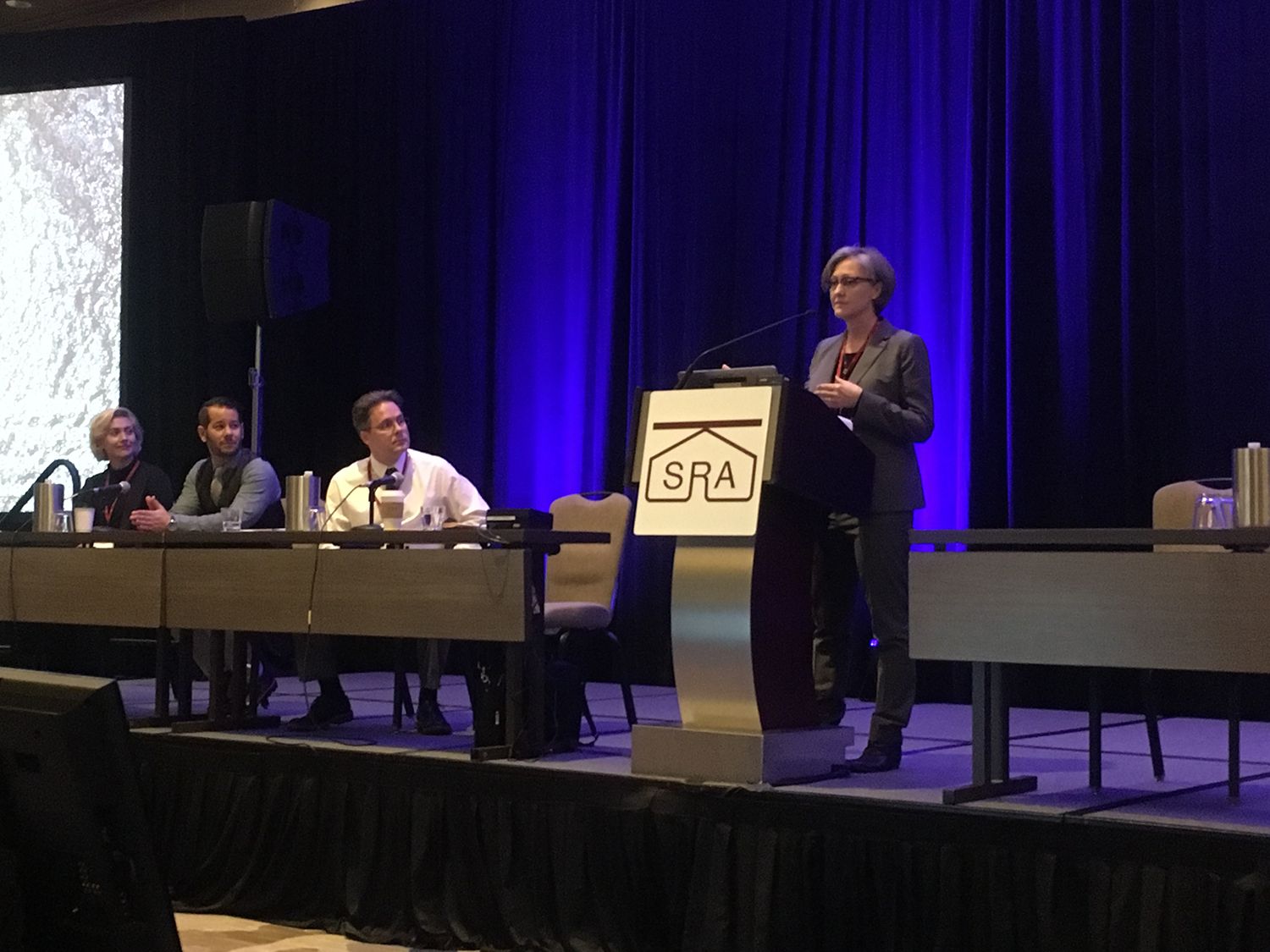 Melissa Finucane, Andrew Parker, Vanessa Parks, and Rajeev Ramchand presented an overview of the Consortium for Resilient Gulf Communities (CRGC) at the annual meeting of the Society for Risk Analysis in New Orleans last month. Read more »
Melissa Finucane, Andrew Parker, Vanessa Parks, and Rajeev Ramchand presented an overview of the Consortium for Resilient Gulf Communities (CRGC) at the annual meeting of the Society for Risk Analysis in New Orleans last month. Read more »
Workshop Explores Regional Priority Setting for Health, Social, and Economic Disruption from Spills
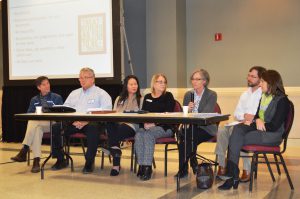 CRGC director Melissa Finucane participated in the kick-off of a collaborative workshop series, “Regional priority setting for health, social, and economic disruption from spills.” The two-day event took place December 4-5 in Houma, Louisiana. Read more »
CRGC director Melissa Finucane participated in the kick-off of a collaborative workshop series, “Regional priority setting for health, social, and economic disruption from spills.” The two-day event took place December 4-5 in Houma, Louisiana. Read more »
Overlapping Environmental Disasters Put a Strain on Gulf Communities
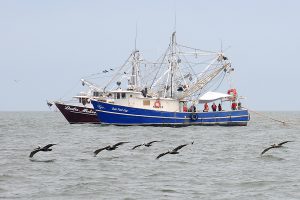 Recent news suggests that the Deepwater Horizon oil spill will soon be eclipsed by the millions of barrels of oil leaking from the Taylor Energy platform since 2004. The Coast Guard this week ordered Taylor to contain the mess, or face massive fines. But cleanup alone may not fully mitigate the damage and effects may linger, as they did after the Deepwater Horizon spill, writes CRGC director Melissa Finucane. Read more »
Recent news suggests that the Deepwater Horizon oil spill will soon be eclipsed by the millions of barrels of oil leaking from the Taylor Energy platform since 2004. The Coast Guard this week ordered Taylor to contain the mess, or face massive fines. But cleanup alone may not fully mitigate the damage and effects may linger, as they did after the Deepwater Horizon spill, writes CRGC director Melissa Finucane. Read more »CRGC Researchers Present Findings on Exposure to Disasters in the Gulf States and Long-Term Mental and Behavioral Health Outcomes
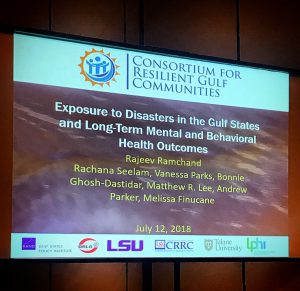 The Natural Hazards Center, in partnership with the International Research Committee on Disasters (IRCD), and with funding from the National Science Foundation, convened its 2018 Researchers Meeting in Broomfield, Colorado on July 11 and July 12, 2018, which focused on improving rapid reconnaissance research and featured sessions designed to identify pressing research needs, better coordinate researchers and research teams, and improve data collection, sharing, and archiving. This year’s meeting, designed to convene researchers across disciplines, who recently received National Science Foundation RAPID grants, as well as those who have ongoing hazards and disaster related research projects, featured the Consortium for Resilient Gulf Communities’ (CRGC) recent findings related to exposure to disasters in the Gulf States and long-term mental and behavioral health outcomes. Read more »
The Natural Hazards Center, in partnership with the International Research Committee on Disasters (IRCD), and with funding from the National Science Foundation, convened its 2018 Researchers Meeting in Broomfield, Colorado on July 11 and July 12, 2018, which focused on improving rapid reconnaissance research and featured sessions designed to identify pressing research needs, better coordinate researchers and research teams, and improve data collection, sharing, and archiving. This year’s meeting, designed to convene researchers across disciplines, who recently received National Science Foundation RAPID grants, as well as those who have ongoing hazards and disaster related research projects, featured the Consortium for Resilient Gulf Communities’ (CRGC) recent findings related to exposure to disasters in the Gulf States and long-term mental and behavioral health outcomes. Read more »
Louisiana Says Thousands Should Move From Vulnerable Coast, But Can’t Pay Them
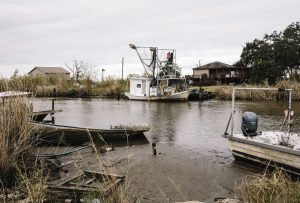 With foresight gleaned from its Coastal Master Plan—developed in partnership with RAND—Louisiana understands the need to protect residents who are most vulnerable to flooding. NPR reports that the state has devised a plan to buy their homes, but there isn't money available to pay. Learn more »
With foresight gleaned from its Coastal Master Plan—developed in partnership with RAND—Louisiana understands the need to protect residents who are most vulnerable to flooding. NPR reports that the state has devised a plan to buy their homes, but there isn't money available to pay. Learn more »

